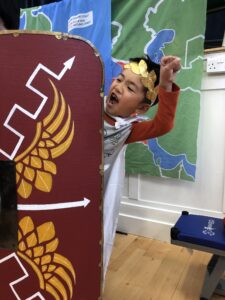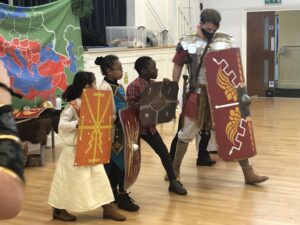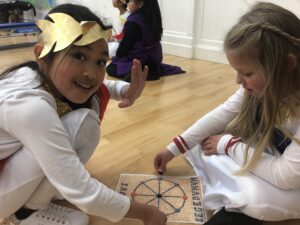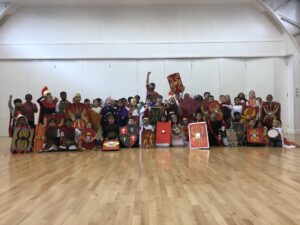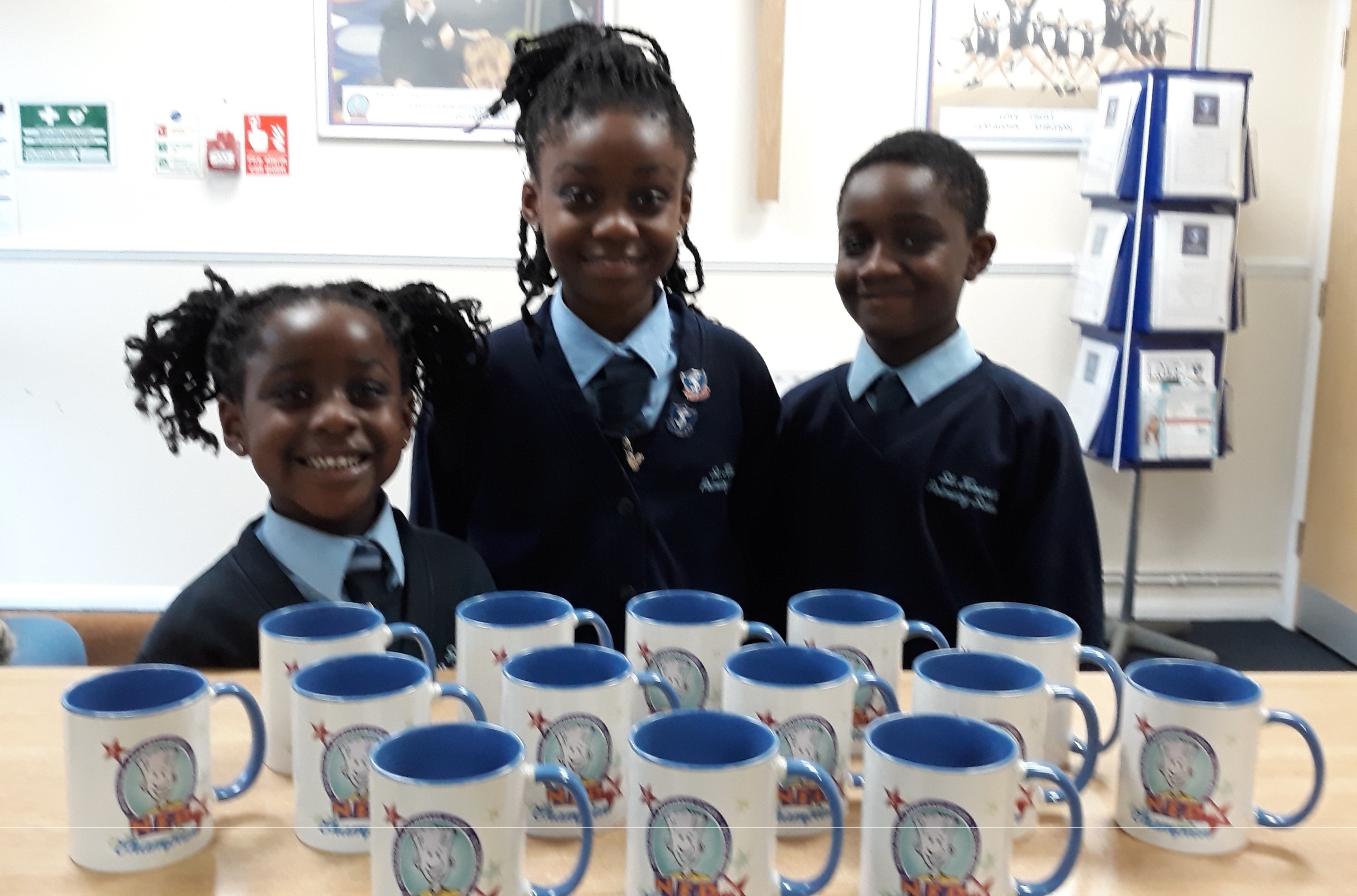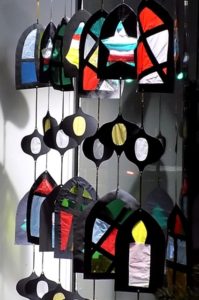Writing
How we teach writing at St Teresa’s
At St Teresa’s RC Primary we view the acquisition of language skills to be of the utmost importance and so the teaching of all aspects of English is given high priority. Writing is integral to our children’s whole language experience; it is a crucial part of thinking and learning. We aim to teach different genres of writing by using a wide range of high quality text (selected from the Power of Reading and Literacy Tree Schemes). Children will engage with quality authors to motivate their learning and deepen their knowledge of texts. This will, in turn, provide a meaningful context for writing.
In our teaching of writing, we aim for all children to:
- Appreciate that writing is a universal method of communication
- View writing as a process over which they have control
- Enjoy playing with language and write for pleasure
- Write appropriately for specific real or imaginary audiences
- Write for a variety of purposes
- Make judgements about the tone, style, format and vocabulary appropriate to the writing’s purpose, audience and genre
- Write clearly legibly and accurately with attention to punctuation, spelling and grammar
- Recognise that drafting, incorporating significant revision into their writing and proof-reading are integral parts of the writing process
- Achieve independent writing of high quality
The Writing Process and Purpose
Children will be taught strategies and tools for the various components of the Writing Process such as planning, drafting, sharing, evaluating, revising and editing, summarising and sentence combining.
The Writing Process will consist of four key areas:
SECURING SUBJECT MATTER – children will become experts in the field so they are confident about what to write. Teachers will engage children in pre-writing activities where they can assess what they already know, research and unfamiliar topic or arrange their ideas visually. They will use a combination of techniques to develop expertise. This will help unlock creativity and bring learning alive.
IMITATION & Immersion – Teachers will use a strong, quality shared text (selected from the Power of Reading and Literacy Tree Scheme) as a model from which children internalise the key language features.
INNOVATION – Use the structure and language patterns of the model text for shared planning and writing in a new, but closely related, context
INDEPENDENT APPLICATION – children will be guided to choose and use suitable writing strategies as well as encouraged to be flexible when using the different writing components.
Children will also be taught to adopt VCOP when editing and improving their writing.
V – Vocabulary C – Conjunctions O – Openers P – Punctuation
Children will be taught to write for different purposes e.g. ‘describe’; ‘narrate’; ‘inform’; ‘persuade’; ‘analyse’. Their conception of what is ‘audience’ will be developed with models of good writing.
Handwriting
As a school our aims in teaching handwriting are that the pupils will:
- Experience coherence and continuity throughout our School to write legibly in a joined style with increasing fluency as soon as they are able.
- Understand the importance of clear and neat presentation in order to communicate meaning clearly
- Take pride in the presentation of their work
- Development of handwriting to be linked to grapheme-phoneme correspondence
- Be able to write quickly to aid expressing themselves creatively and imaginatively across the curriculum and for a range of purposes.
In order to achieve the above aims children must develop:
- A correct pencil grip
- The ability to form all letters and joins correctly
- Knowledge in regard to the relationship between size and orientation of letter
Handwriting will change over time and children will develop a personal style. From an early stage, pupils will understand the importance of neat presentation and the need for different letterforms (cursive, printed or capital letters) to help communicate meaning clearly
Correct posture and pencil for handwriting
Handwriting letter formation display
Number formation display

